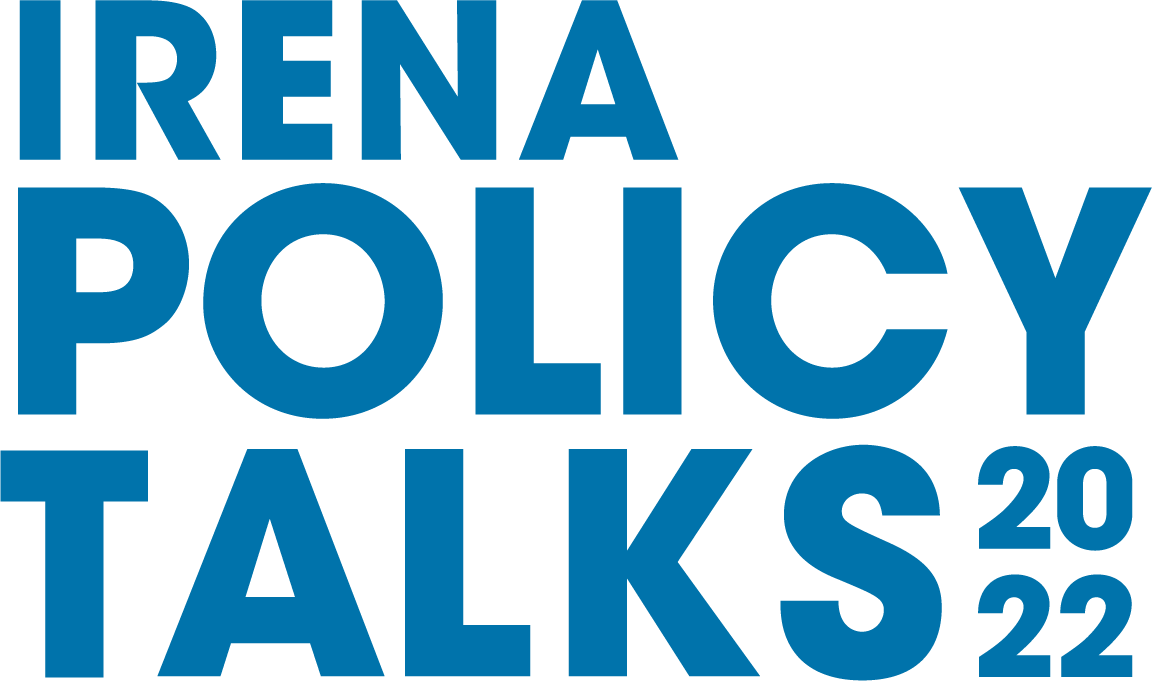
The Third IRENA Policy Talk 2022: RE-structuring the Power System for the Energy Transition

The world must embark upon a fast and steady energy transition to avoid climate change with deeply disruptive socioeconomic impacts. As IRENA's World Energy Transitions Outlook outlines, the power sector will be at the heart of such transitions, with increased electrification of end uses and wind and solar PV becoming the main sources of electricity.
In this context, ensuring that the structures guiding the procurement and cost allocation of electricity and flexibility are fit for the renewable energy era is essential. VRE characteristics call for reshaping current power system organizational structures, a legacy of an era when generation depended on large centralized and dispatchable power plants and demand played no active role. Such transformation is unlikely to happen merely with fixes to the prevalent power system structures, whether liberalized or regulated, and requires a holistic approach. Without it, misalignments are likely to hinder a successful transition.
In the last two years, some impacts of current power system organizational structures’ misalignments have caught considerable political and media attention. First, the COVID-19 lockdowns induced a sharp decrease in energy demand and consequently a higher VRE share in the power mix, thereby reproducing the power system conditions that can be expected as the transition progresses. As a result, electricity prices decreased to such low levels that power markets were unable to support merchant renewable plants. Second, during the natural gas supply crisis, marginal fossil fuels generators in liberalized contexts increased the price of electricity to unforeseen levels, with serious impacts on the ability of societies to recover from the recent Covid-19 pandemic, and triggering policy action potentially creating additional transition barriers.
The dual procurement system, proposed by IRENA in the report RE-organising Power Systems for the Transition, acknowledges the needs and characteristics of the two main pillars of a renewable-based power system, namely, variable distributed generation and flexibility. The report aims at shedding light and informing discussions about the role of power system organizational structures to facilitate and accelerate the energy transition.
The key findings of this report were presented by IRENA in the 3rd Policy Talks 2022.
|
16:00 – 16:05 GST |
Welcome remarks
|
|
16:05 – 16:25 GST |
RE-structuring the power systems
|
|
16:25 – 17:25 GST
|
Panel
|
|
17:25 – 17:30 GST |
Closing remarks
|